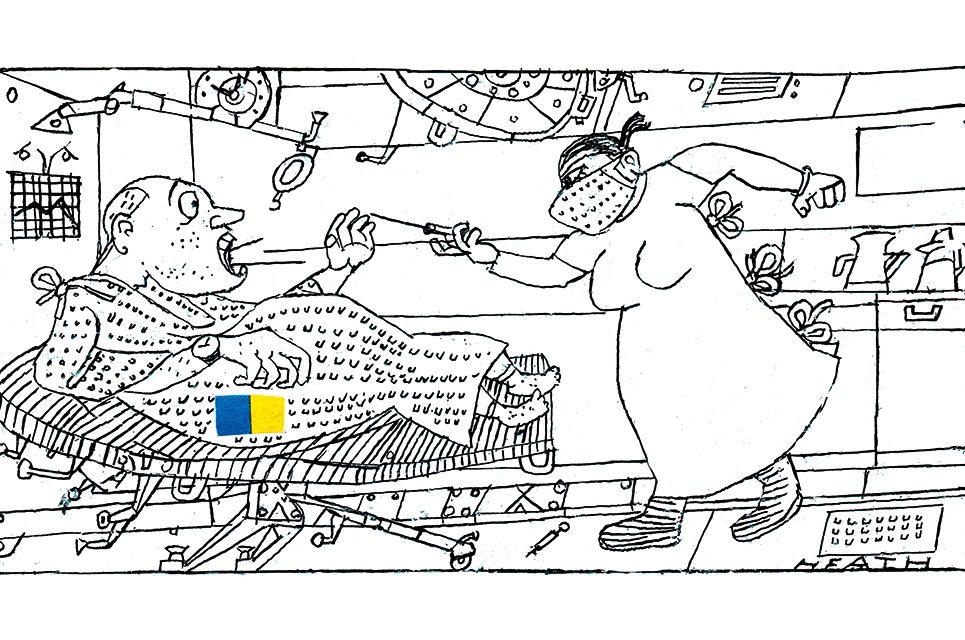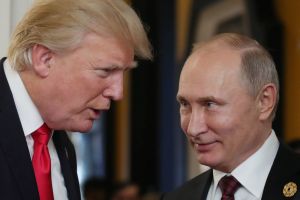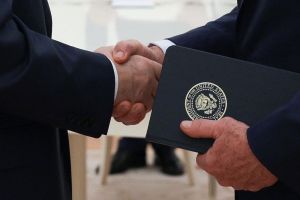I am in Charleston, South Carolina, whither we fly to escape the northern winter, which so far has not been too frigid. Charleston is anything but frigid. Last week we attended a cocktail party and I overheard two elegant ladies who were discussing a gentleman glimpsed across the candlelit courtyard. One remarked on his good looks, whereupon the other replied: “I think I was married to him once.” Pure Charleston.
But our dog, Vicky, has been severely disappointed by the winter. The rest of the US seems to be buried in snow, but on Cape Cod we have seen scarcely three inches, and Victoria adores the snow, believing it to be sent for her particular pleasure. By the time we fled south our harbor, which normally freezes over in January, remained stubbornly unfrozen, while our lawn was a galaxy of snowdrops.
Snowdrops once prompted the angriest letter I think I have ever received as an author. In 1995 I published The Winter King, the first of a trilogy about “King” Arthur. In the book, which was set in the sixth century, I mentioned snowdrops. “You fool!” my correspondent wrote, “Everyone knows snowdrops were not introduced to Britain till the twelfth century!” Well, I did not know, but it often amazes me how a trivial error will prompt letters of seething rage.
Or letters of touching credulity. The Winter King (which I’m delighted to say is coming to television later this year) prompted a surprising number of letters which began in similar ways: “I have read your book and regret to tell you it is mistaken. I was Guinevere in a previous existence…’ By the time I had written the second book of the trilogy I had collected seventeen Guineveres, a mere six Lancelots and a handful of other characters. I am ashamed to say I sought none of their memories for inspiration, just as I rejected the kindly soul who invited me to sleep in an obscure Welsh cave where, he assured me, Arthur would appear in my dreams as an informant. I have often wondered why folk who assure us of their previous existence almost always have been either Egyptian royalty or Arthurian characters — never anything useful to me like a survivor of the 1st Foot Guards at Waterloo or a groundling who witnessed the first performance of Hamlet.
I’m sure I have been guilty of worse anachronisms than misplaced snowdrops, but take comfort that even the best of us make mistakes; probably the most famous is in Act 2 Scene V of Shakespeare’s Antony and Cleopatra where the Queen invites her servant, “Let’s to billiards.” The last time I saw that play was the Alan Rickman and Helen Mirren production at the National in 1998, and have quite forgotten whether the line was cut or quietly rewritten. Last month I was back at the National to see Standing at the Sky’s Edge. I was accompanied by American friends, both working in the theater industry, who were stunned, as I was, by the bold brilliance of the production — a reminder, if we need it, of what a treasure the National Theatre has become.
Since I last wrote for The Spectator I have at last emerged from the Valley of the Shadow of Dentists, considerably less well-off but with five gleaming new teeth. Last week I went for the biannual check-up and was wearing on my lapel a small, but very noticeable, enamel badge of the Ukrainian flag. I thought nothing of it until my new dentist, a young woman, came into the surgery and I read her name from the badge on her coat: Nadia Provoskovpya — or something very like that. She stared at my badge, I at hers, then, with obvious reluctance, she said the hygienist had found nothing wrong with my teeth: “So you can go. Do not neglect to floss.” I went.
Soon I must go to two weddings; one will be a joy, the other an ordeal. But for anyone asked to make a speech at a wedding I offer this: Charles Darwin, contemplating marriage, compiled two lists — one in favor and one listing the drawbacks. On the favorable list he wrote: “Companionship, better than a dog.” Meanwhile Honoré de Balzac wrote: “Watching most husbands with their wives reminds me of orangutans trying to play the violin.” My wish for both wives-to-be is that they prove better than a dog (a high barrier), and that their spouses outperform the orangutans.
Bernard Cornwell’s latest novel, Sharpe’s Assassin, is out now. This article was originally published in The Spectator’s UK magazine. Subscribe to the World edition here.

























